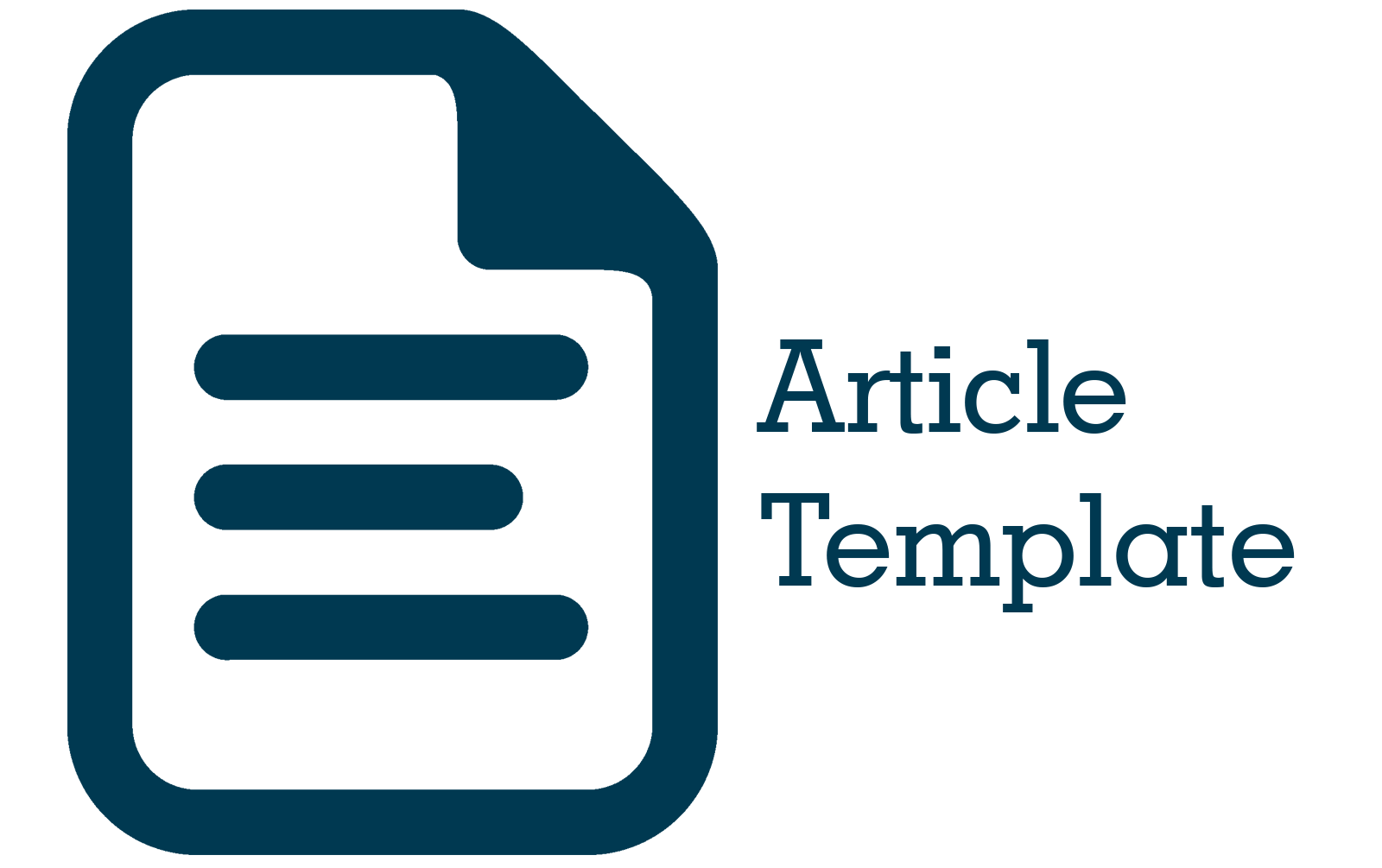Exploring the Influence of Ethical Beliefs and Cognitive Dissonance on Boycott Intentions: A Case Study of Starbucks in Bandung Amidst Perceived Misconceptions
Abstract
Abstract. This exploratory quantitative descriptive study examines how consumers' intentions to boycott Starbucks in Bandung during the Gaza conflict are influenced by their ethical beliefs and cognitive dissonance. From a population of 135 consumers or former consumers of Starbucks in Bandung, a purposive sample of 101 respondents was surveyed using questionnaires and pre-surveys as interviews. Data were analysed using multiple linear regression. The results reveal a strong positive correlation (r = 0.786) between ethical belief and boycott intentions, and a positive association (r = 0.540) between cognitive dissonance and boycott intentions. Together, ethical belief and cognitive dissonance explain 63.3% of the variation in boycott intentions (R² = 0.633). Specifically, ethical belief (B = 0.499) and cognitive dissonance (B = 0.088) significantly contribute to boycott intention. To reduce boycott intentions, companies should emphasize ethical standards and clear, transparent communication to address misconceptions. These findings align with previous studies, highlighting the importance of transparency and ethical communication in reducing boycott risks and enhancing customer loyalty. Further research should explore these dynamics across various consumer groups and circumstances.
Abstrak. Penelitian deskriptif kuantitatif eksploratif ini mengkaji bagaimana niat konsumen untuk memboikot Starbucks di Bandung selama konflik Gaza dipengaruhi oleh keyakinan etis dan disonansi kognitif mereka. Dari populasi sebanyak 135 konsumen atau mantan konsumen Starbucks di Bandung, diambil sampel purposif sebanyak 101 responden yang disurvei menggunakan kuesioner dan wawancara pra-survei. Data dianalisis menggunakan regresi linier berganda. Hasil penelitian mengungkapkan adanya korelasi positif yang kuat (r = 0,786) antara keyakinan etis dan niat boikot, serta asosiasi positif (r = 0,540) antara disonansi kognitif dan niat boikot. Secara bersama-sama, keyakinan etis dan disonansi kognitif menjelaskan 63,3% variasi dalam niat boikot (R² = 0,633). Secara spesifik, keyakinan etis (B = 0,499) dan disonansi kognitif (B = 0,088) secara signifikan berkontribusi terhadap niat boikot. Untuk mengurangi niat boikot, perusahaan perlu menekankan standar etis dan komunikasi yang jelas serta transparan untuk mengatasi kesalahpahaman. Temuan ini sejalan dengan penelitian sebelumnya, menyoroti pentingnya transparansi dan komunikasi etis dalam mengurangi risiko boikot dan meningkatkan loyalitas pelanggan. Penelitian lebih lanjut sebaiknya mengeksplorasi dinamika ini di berbagai kelompok konsumen dan keadaan yang berbeda.
References
M. Friedman, Consumer Boycotts, Effecting Change Through the Marketplace and Media, New York: Taylor & Francis Group, 1999.
T. L. Beauchamp and J. F. Childress, Principles of Biomedical Ethics, Oxford: Oxford University Press, 2019.
M. Buheji and D. A. A. Ahmed, “Keeping the Boycott Momentum- from ‘War on Gaza’ till ‘Free-Palestine’,” https://iaeme.com/Home/journal/IJM 205 editor@iaeme.com International Journal of Management (IJM), pp. 205-229, 2023.
C.-C. Wang, S.-C. Chang and P.-Y. Chen, “The Brand Sustainability Obstacle: Viewpoint Incompatibility and Consumer Boycott,” Sustainability, 2021.
D. S. Sentosa and N. I. Sitepu, “Descriptive Analysis of Israeli Product Boycott Action: Between Fatwas and the Urgency of Compliance,” International Journal of Kit Kreatif, pp. 12-19, 2024.











